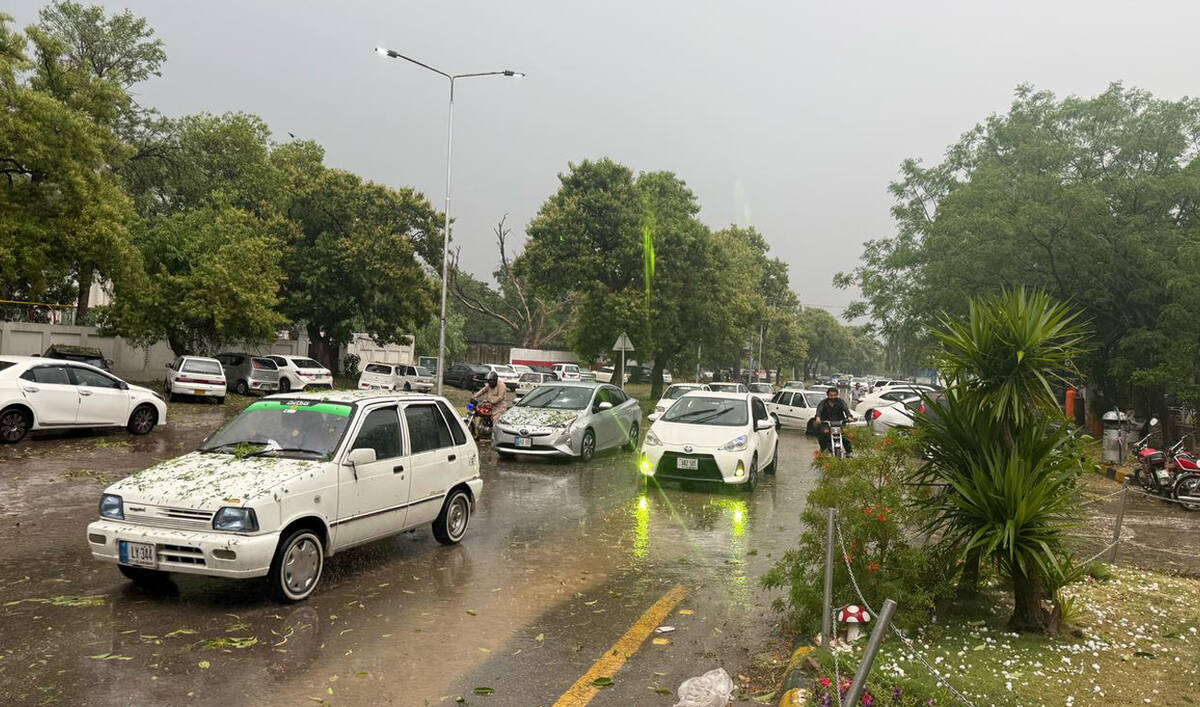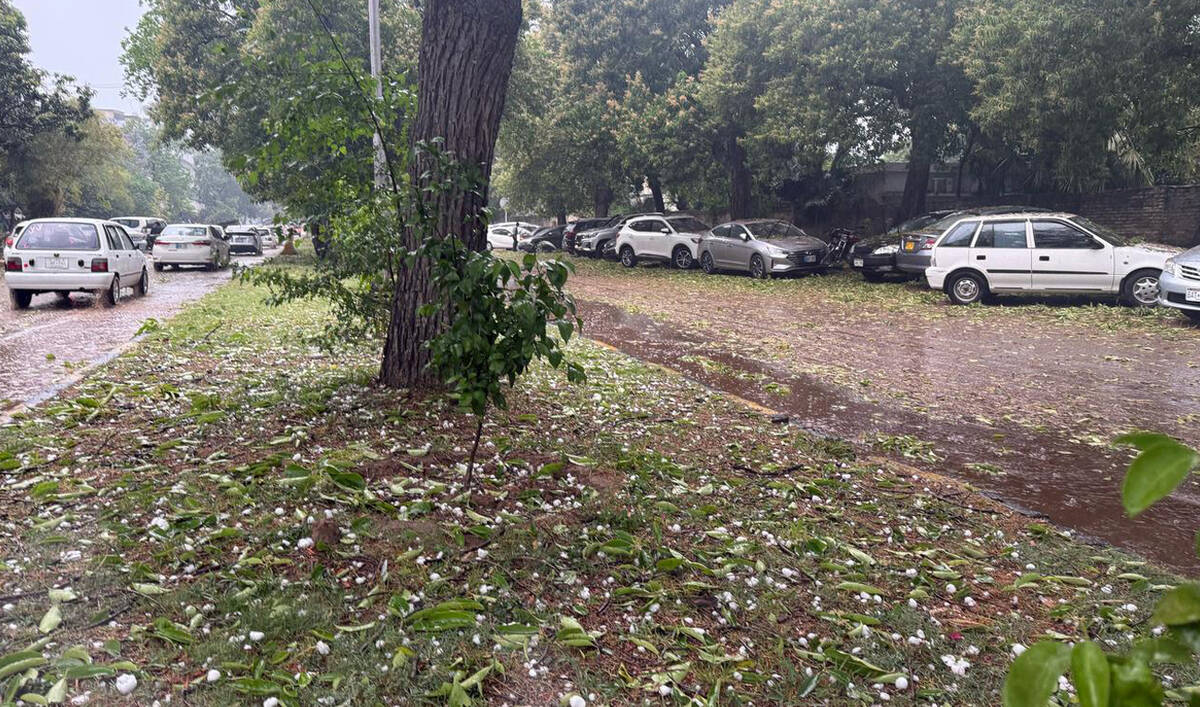ISLAMABAD: Caretaker Finance Minister Dr. Shamshad Akhtar said on Wednesday Pakistan needed $340 billion to meet climate and development challenges until 2023, saying the South Asia nation was facing a trade-off between raising development finance and funds to combat climate change.
In August 2022, torrential monsoon rains triggered the most devastating floods in Pakistan’s history, killing around 1,700 people. Over 33 million people were affected by the floodwaters — a staggering number close to the population of Canada. Millions of homes, tens of thousands of schools as well as thousands of kilometers of roads and railways still need to be rebuilt.
Pakistan produces less than one percent of the world’s carbon footprint but, according to the Global Climate Risk Index, is currently the fifth most climate-vulnerable country in the world, having lost nearly ten thousand lives and suffering economic losses worth $3.8 billion due to climate change throughout the years 1999 to 2018.
Changing seasonal weather patterns, rising temperatures, variability of monsoons and melting of glaciers in the north — compounded with recurrent extreme weather events and natural disasters — are just some of the effects of climate change that Pakistan has been forced to contend with in recent years.
Speaking at the second Pakistan Climate Conference organized by the Overseas Investors Chamber of Commerce and Industry (OICCI), the finance minister said Pakistan needed $340 billion to address climate and development challenges between 2023 and 2030. The amount is equivalent to 10 percent of the cumulative GDP during the same period.
“I think we need to be conscious that getting money is a big issue that we face in addressing the climate agenda,” she said, highlighting that seeking money for climate finance undercut other development finance requirements.
The best recourse for Pakistan would be to use its “best of the best firms” to attract institutional investors’ financing for bridging gaps.
The total cost of implementing Pakistan’s nationally determined contribution (NDC), which is a self-defined national climate pledge under the Paris Agreement reflecting what Islamabad will do to help meet the global climate goals, is projected to be nearly $200 billion by 2030.
Currently, only $39 billion in public finance and $9 billion through public-private partnerships is expected for both climate mitigation and adaptation efforts over the coming decade, the finance minister added.
Pakistan has carried out a number of green finance initiatives such as the dollar-denominated green Eurobonds announced by the Water and Power Development Authority (Wapda), Akhar said, adding that the government was planning to float “some of government securities” and different instruments, including Islamic finance and green finance issues, through the PSX.
“If we can remain on course, which is always a challenge given what’s going on within Pakistan, we should be able to bring at least one issue of Sukuk,” she said, adding that the issue will have a “green element” to it.
International donors in January committed over $9 billion to help Pakistan recover from the 2022 floods last year, exceeding its external financing goals and paving the way for a new model on raising funds to fight climate disasters in poorer countries.
Officials from some 40 countries as well as private donors and international financial institutions gathered at a meeting in Geneva as Islamabad sought funds to cover around half of a recovery bill amounting to $16.3 billion.

















